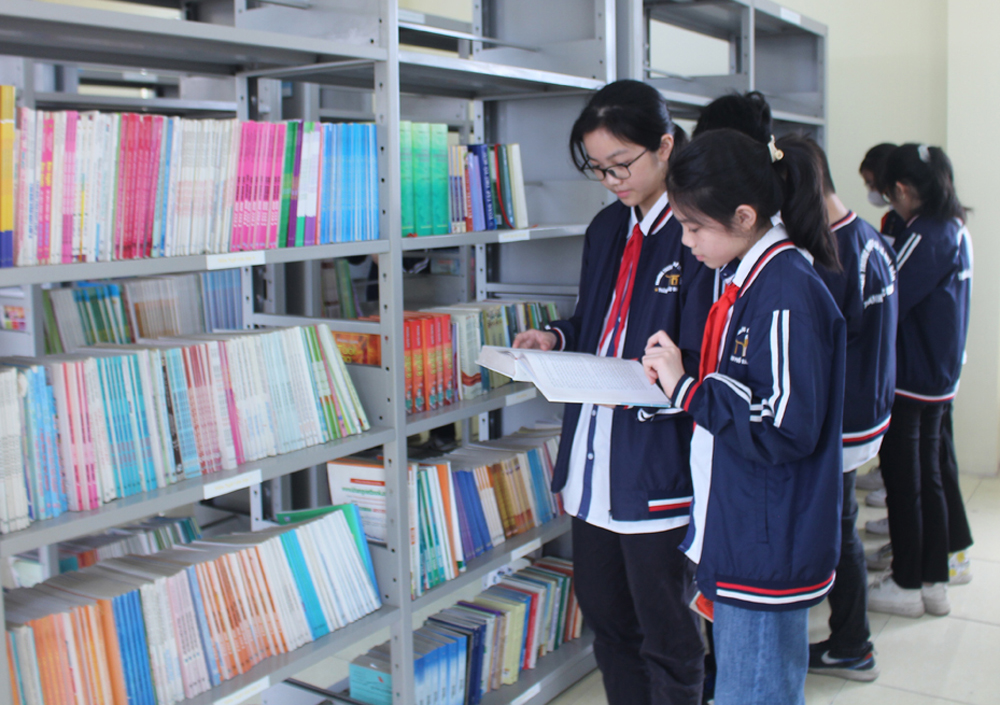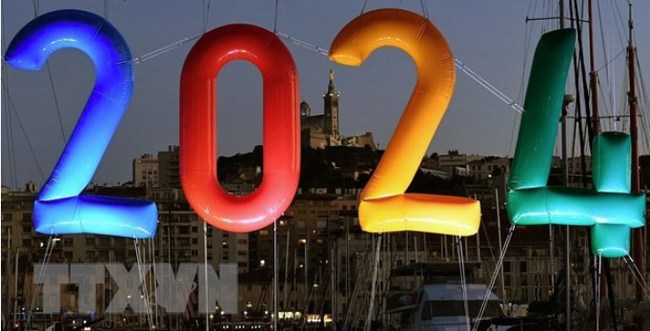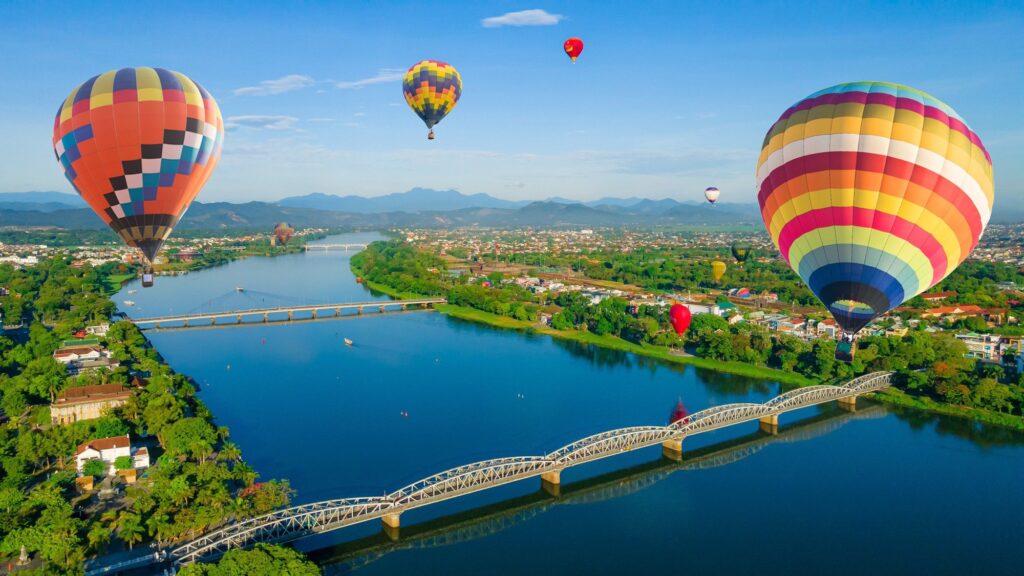Venice plans to charge visitors during the day to reduce crowding and preserve
Although taxing tourists is not new in many countries around the world, plans to collect entrance fees in Venice (Italy) have been delayed time and time again. Venice plans to charge tourists arriving during the day to reduce overcrowding and conserve, while Barcelona (Spain) will charge room booking fees to limit visitors and improve amenities..
Many delays
Venice is a world-famous tourist paradise in Northern Italy and Venice is also often cited as an example of overtourism. The local government's plan to collect tourist fees is causing confusion for tourists, because the Venice City Council has repeatedly confirmed that it is preparing to collect an "entrance fee", then had to announce a postponement.
Last year, Mayor Luigi Brugnaro and Mr. Simone Venturini, head of Venice city tourism, said that visitors to Venice must pay a fee of 3-10 euros (about 75,000 - 250,000 VND) per person and will apply from January 16, 2023. However, Venice immediately had to delay the application of toll collection for at least another 6 months. The government said "it is necessary to change and improve the project", the reason for the delay is that the new policy faces many objections from the opposition in the city council, some business owners and residents. In addition, the government has not reached an agreement with local transport operators and ports and the website for people to register and buy same-day tickets is also incomplete. Currently, the Venice city government has not yet announced the exact time frame to implement the above plan.
Since first announcing plans to tax same-day tourists in 2019, this is the third time Venice has delayed. The previous two postponements were because the city experienced a historic flood (also in 2019) and Covid-19. The Local newspaper assessed that Venice's toll collection target was "stuck". The fee collection is intended to keep Venice from being overloaded and control the number of visitors. Locally collected money is used to preserve and restore degraded buildings, while also helping to reduce taxes levied directly on people.
While overnight guests in Venice have to pay an additional 1-5 euros (25,000-125,000 VND) for each night for the first 5 nights when staying at any establishment in the city, day tourists make up the majority of the tourists who come to Venice every year for free. To combat mass tourism leading to overtourism, the idea of charging fees for same-day tourists has been considered since 2019. But the scarcity of tourists during the Covid -19 pandemic has causing the plan to be delayed. Only when the global tourism industry recovered and the number of visitors to the city skyrocketed did the city government have to once again "revive" the toll project.
Implementation time has not been determined
Currently, the Venice city government has not yet announced the exact time frame to implement the above plan. But according to the plan, all visitors coming here will have to register in advance, but only day tourists will have to pay a fee called "entrance fee", ranging from 3-10 euros (75,000-250,000 VND). ), depending on how crowded the city is at the time of collection. That means the more tourists entering the city, the higher the fee each tourist has to pay. The expected fee is divided into 4 levels, depending on the date of arrival. Children under 6 years old do not have to pay the above fee, while people who travel to the city without declaring and paying the fee risk being fined up to 300 euros (7.5 million VND).
Visitors who want to come to Venice (during the day) are expected to register on a city website, buy tickets online and then present that ticket's QR code at the turnstiles of the city's main entrances. On-site ticket checking is also carried out by 15 controllers. This fee applies to visitors to locations such as the historic center of Venice and the islands: Lido di Venezia, Pellestrina, Murano, Burano, Torcello, Sant'Erasmo, Mazzorbo, Mazzorbetto, Vignole, Sant'Andrea, La Certosa , San Servolo, San Clemente and Poveglia.
Tourism councilor Simone Venturini said: “Venice will be the first city in the world to adopt a “revolutionary” measure. But not everyone who comes to Venice has to pay. Those who stay overnight are exempted because they have already paid the fee through their hotel reservation. Students, workers, property owners, people with disabilities, attendees of cultural or sporting events, people visiting relatives, seeking medical treatment, children under 6 years old, residents of Venice and Neighboring areas will be exempt from the new regulations."
Venice is not the only European city that requires visitors to pay to visit. Many other places also apply fees, but not in the form of buying entrance tickets like Venice, but integrating tourist taxes into the cost of tourists' stay. One of the successful examples is the city of Barcelona, guests staying in Barcelona have to pay an additional fee of 1.75 euros (45,000 VND) per night, calculated along with the hotel fee.
This is aimed at increasing the city's budget and attracting "quality over quantity" tourism, said Barcelona Deputy Mayor Jaume Collboni. Each year before the epidemic, the city welcomed about 32 million visitors. Authorities hope the fee will bring in 53 million euros (1,355 billion VND) in 2023 and up to 100 million euros (3,063 billion VND) next year. Our goal is to limit the number of visitors (avoid overcrowding), increase income from tourists because we aim for quality tourism, adding value to the city. This additional fee will take effect at the end of 2023 and will be used to fund infrastructure development, build affordable housing for local people in tourist areas and Invest in the tourism industry of cities.
According to Culture Newspaper











